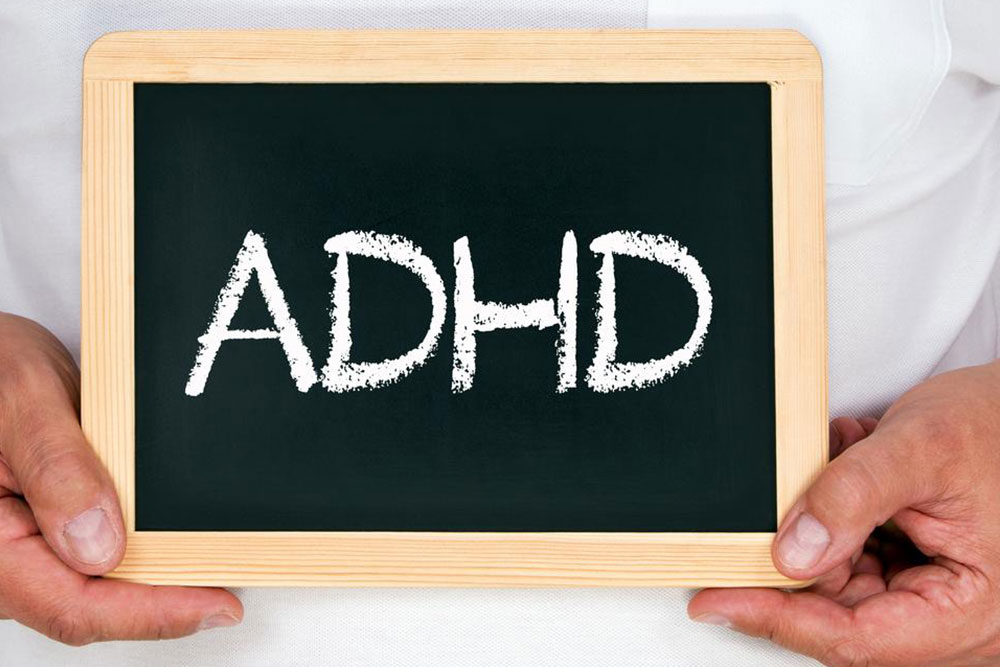Understanding Adult ADHD: Signs, Difficulties, and Management Options
Adult ADHD persists beyond childhood, affecting daily life and relationships. Symptoms include forgetfulness, concentration issues, and impulsiveness. Management combines medication, counseling, and mindfulness techniques to improve focus, behavior, and self-esteem. Early diagnosis and tailored treatment can significantly enhance quality of life for adults with ADHD.
Sponsored

Contrary to common belief, Attention Deficit Hyperactivity Disorder (ADHD) isn't just a childhood condition—many adults continue to experience its symptoms. Around 60% of children with ADHD carry these traits into adulthood, with approximately 5% of young adults in the U.S. diagnosed with the disorder. Some individuals are diagnosed later in life as their symptoms may have been overlooked earlier.
Adult ADHD symptoms include forgetfulness, difficulty following directions, time management issues, and struggles with concentration. These challenges can lead to problems at work and in personal relationships. Adults may face depression, impulsiveness, mood swings, low self-esteem, and substance abuse. Since symptoms vary, so do the difficulties faced by individuals.
Treatment options encompass medication—stimulants like methylphenidate and non-stimulants such as atomoxetine—alongside psychotherapy-focused counseling. Counseling emphasizes organization, problem-solving, anger control, relationship-building, and self-esteem enhancement. Mindfulness meditation can also support mood stabilization and focus improvement, complementing traditional therapies.






